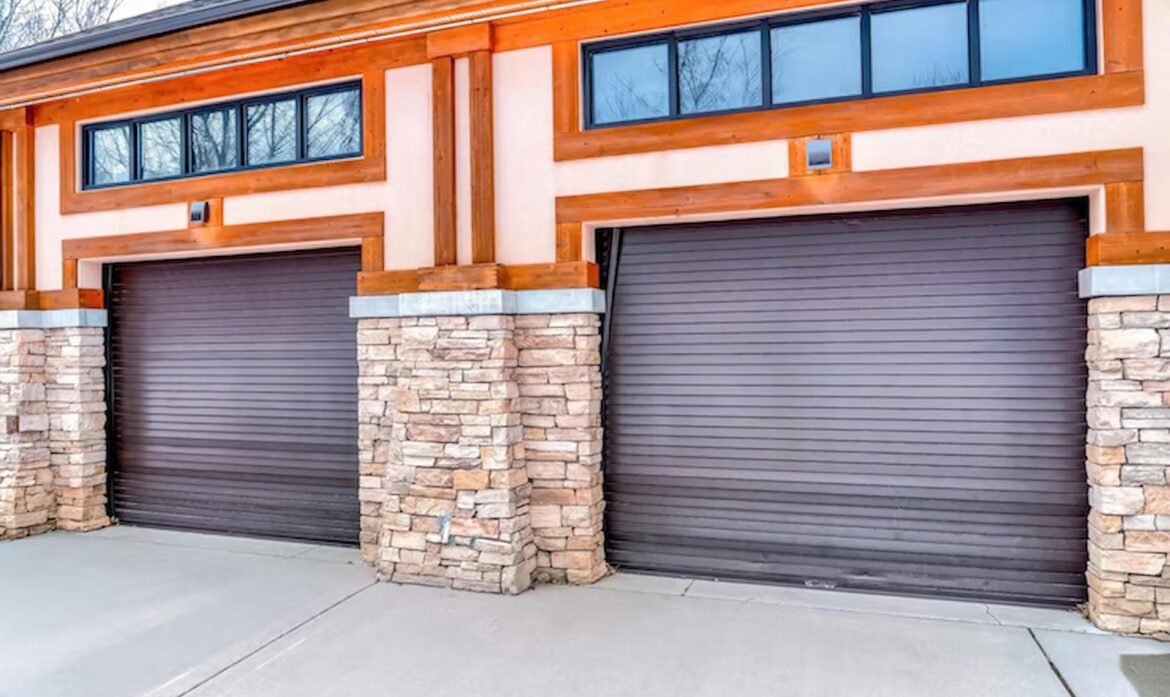Is your garage door opener functioning correctly, or is it showing signs of slowing down? In this guide, we explain the average lifespan of a garage door opener, the key factors that affect its durability, and guide how to maintain it. Learn when it’s time to replace it, and why newer models offer more than just convenience. This is your ultimate resource for keeping your opener in top shape for years to come.
A garage door opener may be one of the quietest heroes in your home. You press a button, and the door opens or closes—simple. But like all mechanical devices, it has a limited lifespan. So, how long should a garage door opener really last? Let’s take a closer look at the key factors that affect its longevity, when to replace it, and how you can extend its useful life.
Understanding the Basics of a Garage Door Opener
A garage door opener is a motorised device that opens and closes your garage door. It’s often controlled by a remote, wall switch, or smartphone app. Though it may seem small compared to the whole door, it does a lot of heavy lifting.
Average Lifespan of a Garage Door Opener
The typical lifespan of a garage door opener ranges from 10 to 15 years. However, this number can vary based on several factors, including:
- Frequency of use
- Type and brand of the opener
- Maintenance habits
- Environmental conditions
Some units may last beyond 15 years, but by that point, their efficiency and safety features may be outdated.
Key Factors That Affect Lifespan
1. Frequency of Use:
If your garage door opens and closes multiple times a day, the opener will wear out faster. One open/close cycle puts strain on both the motor and the moving parts.
2. Type of Drive System
There are three main types of garage door opener drives:
- Chain drive: Durable but noisier; average lifespan of 10-15 years
- Belt drive: Quieter and smoother; may last 12-15 years with proper care
- Screw drive: Requires less maintenance; generally lasts 10-12 years
The type you choose affects both performance and longevity.
3. Quality of Installation
If your opener was installed professionally, it’s more likely to operate efficiently and last longer. A poorly installed motor can lead to motor strain and premature failure.
4. Garage Door Condition
A heavy or misaligned garage door puts extra pressure on the opener. Ensure your door is balanced and the springs are in good condition to reduce stress on the opener.
5. Maintenance Routine
Regular servicing can significantly extend your garage door lifespan, including that of the opener. This includes lubrication, part replacements, and motor inspection.
Signs Your Garage Door Opener Is Failing
Here are some warning signs that suggest your garage door opener may be on its last legs:
- Delayed response when pressing the remote
- Unusual noises such as grinding or squeaking
- The door reverses before fully closing
- The opener vibrates or jerks
- Frequent need for repairs
- The remote or keypad becomes inconsistent
Ignoring these signs can lead to complete failure or even safety issues.
Benefits of Replacing an Ageing Opener
Replacing an older opener isn’t just about avoiding a breakdown. Newer models come with several advantages:
- Enhanced Safety: Modern garage door openers come with auto-reverse functions and infrared sensors to prevent injury or damage.
- Improved Security: Updated openers use rolling code technology, which changes the access code every time you use it. This makes it harder for intruders to clone your remote.
- Innovative Features: Today’s openers can be synced with smartphones, smart home systems, and apps for remote access and alerts.
- Energy Efficiency: Newer motors are often more efficient and consume less electricity, helping you save on energy bills.
How to Make Your Garage Door Opener Last Longer
Here are some simple but effective ways to boost the garage door opener lifespan:
- Lubricate moving parts twice a year
- Keep sensors clean and aligned
- Check and replace remote batteries when needed
- Tighten any loose hardware
- Make sure the garage door is well-balanced
- Avoid using the opener as your only access point (reduce usage)
- Schedule an annual maintenance check with a professional
Being proactive with care can add several years to your pet’s life.
When Is It Time to Replace?
You should consider replacing your garage door opener if:
- It’s over 15 years old
- Repairs are becoming frequent and expensive
- You want updated safety or smart features
- It fails to meet your current needs or convenience level
Sometimes, it’s better to invest in a new system than continue spending on temporary fixes.
Comparing Garage Door Opener Lifespans by Brand
Different brands may offer varying quality levels. While all openers follow a general lifespan range, here’s a rough comparison of popular brands:
- Chamberlain: 10–15 years
- LiftMaster: 12–15 years (often seen as a premium choice)
- Genie: 10–12 years
- Craftsman: 10–13 years
Always consider the warranty period as well—it reflects the manufacturer’s confidence in the product.
Wrapping Up:
A garage door opener is easy to forget—until it stops working. Knowing how long it should last and how to care for it can save you from last-minute headaches. Stay alert to signs of wear, maintain it regularly, and upgrade when necessary. Your garage door will thank you for it.

